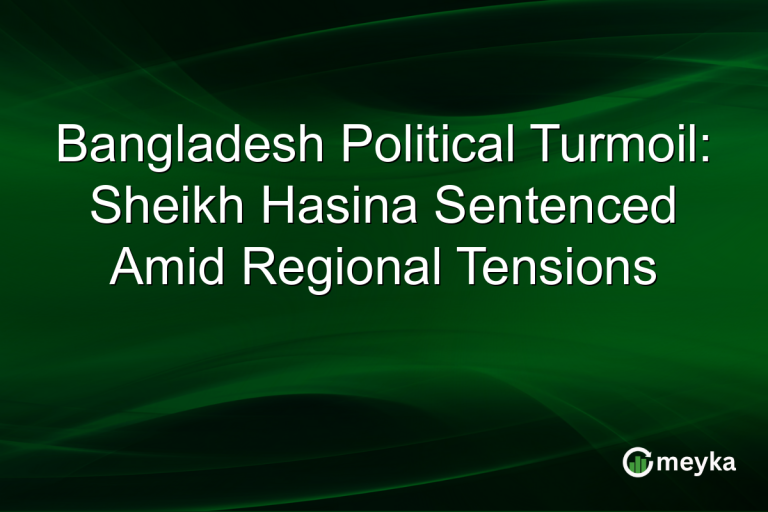Ng Wei Liang News Today: Singapore Scam Syndicate Exploits Cambodian Terrain
Ng Wei Liang scam operations have recently captured headlines, revealing the depth of organized crime challenges across Southeast Asia. As a Singaporean national, Ng Wei Liang allegedly spearheaded a sophisticated scam syndicate operating within the Cambodian borders. This development underscores the growing difficulties faced by authorities in curbing transnational crime networks, particularly in a region increasingly targeted by such illicit activities.
The Ng Wei Liang Scam Uncovered
The recent exposure of the Ng Wei Liang scam highlights a criminal network with roots in both Singapore and Cambodia. This syndicate has reportedly been involved in fraudulent activities that swindled unsuspecting victims across Southeast Asia. The authorities believe Ng Wei Liang orchestrated this network, leveraging Cambodia’s less stringent regulatory environment to conduct these scams efficiently. [https://www.straitstimes.com/singapore/courts-crime/spore-scam-gang-operating-in-cambodia-was-allegedly-led-by-pair-of-brothers]
This shows a critical need for enhanced international cooperation in crime prevention. Weak law enforcement structures in parts of the region make them attractive havens for such networks. Cambodia, in particular, offered a strategic base from which Ng’s group could avoid stringent legal repercussions while executing their fraudulent schemes.
Impact on Singapore and Regional Security
The Singapore crime news involving Ng Wei Liang emphasizes the country’s vulnerability to cross-border crimes. While Singapore is known for its strict laws and efficient law enforcement, it faces challenges when combating crimes that span multiple jurisdictions. Ng Wei Liang’s operations exploited these gaps, highlighting the need for more robust international policing strategies and legal frameworks.
For many governments in Southeast Asia, this case serves as a wake-up call to strengthen security protocols and enhance collaboration with international law enforcement agencies. Without coordinated efforts, similar organized crime charges could increase, affecting both national security and regional stability. Local media and analysts are urging policymakers to take comprehensive steps to address these vulnerabilities.
Legal Implications and Future Challenges
The organized crime charges against Ng Wei Liang bring significant legal repercussions, both locally and internationally. Authorities face complex legal battles given the cross-border nature of these crimes. Extradition processes, jurisdictional challenges, and varied legal systems can complicate proceedings.
Looking ahead, nations must prioritize developing synchronized laws that allow seamless extradition and prosecution of criminals like Ng Wei Liang. Such measures are fundamental in dealing with sophisticated Cambodia scam syndicates effectively. The Ng Wei Liang case is a stark reminder of the need for unified global strategies to tackle organized crime, emphasizing the urgency of international law reforms.
Final Thoughts
The arrest and prosecution of Ng Wei Liang and his scam syndicate provide critical insights into the complexities of international crime networks. This case points to the urgent need for intensified international cooperation and stronger legal frameworks to deter future crimes. While Singapore continues to fortify its defenses against such threats, regional partnerships and shared intelligence will be indispensable in tackling these challenges effectively. These strategic moves are essential to reinforcing regional stability and safeguarding citizens from similar scams worldwide.
FAQs
Ng Wei Liang is a Singaporean national accused of leading a scam syndicate operating out of Cambodia. His group allegedly defrauded victims across Southeast Asia, exploiting legal loopholes and weak enforcement.
Cambodia was chosen due to its less stringent regulatory conditions, providing a safer haven for illegal activities compared to stricter environments like Singapore’s.
It highlights vulnerabilities in cross-border law enforcement and underscores the need for tighter international collaboration to prevent similar organized crime.
Disclaimer:
The content shared by Meyka AI PTY LTD is solely for research and informational purposes. Meyka is not a financial advisory service, and the information provided should not be considered investment or trading advice.






